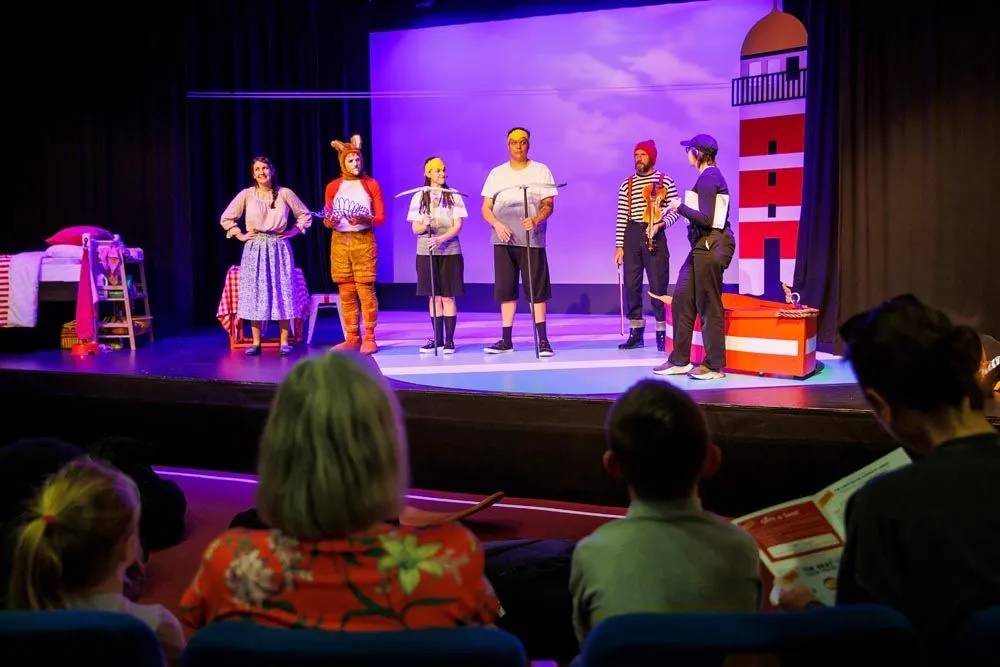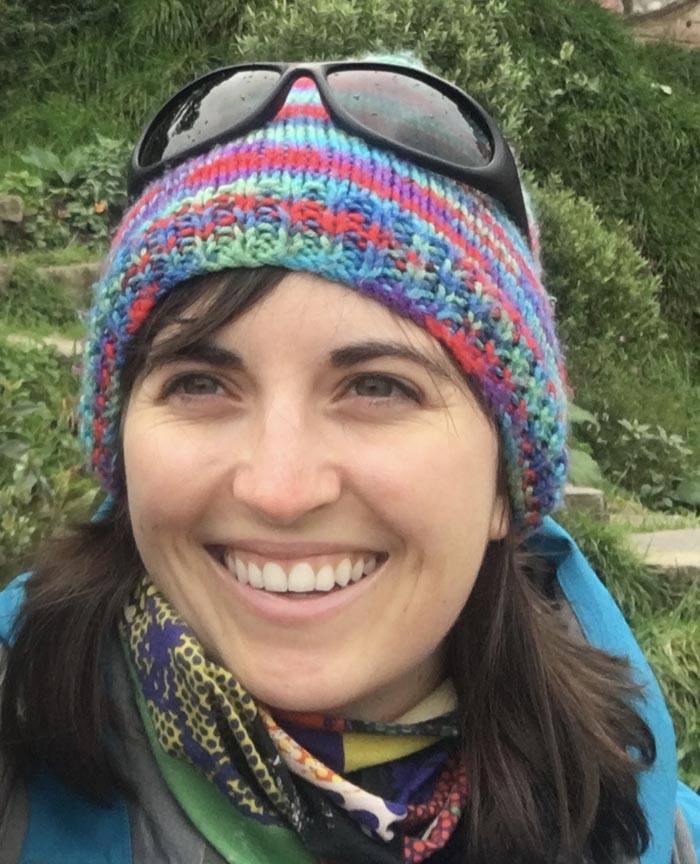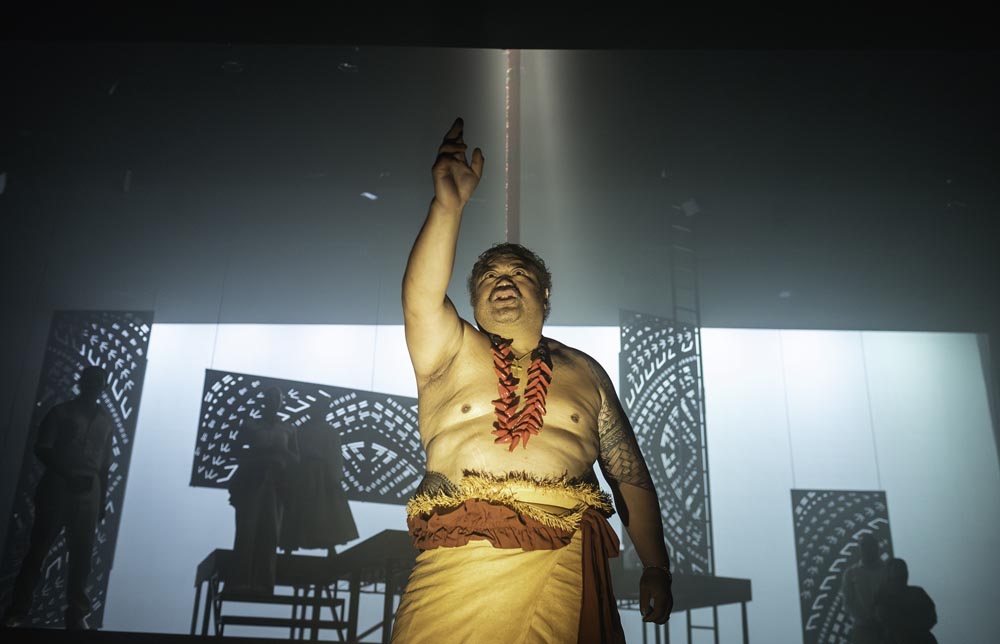Access to the arts and belonging in the room
Written by

“Access is a starting place, not an end goal. It’s not just access to get into the room but the right and ability and expectation to belong in the room. I want to be a part of that.”

Katie Querin plays an important part in the arts accessibility movement in Auckland as a freelance arts accessibility advisor and consultant. Among her current projects are working with Auckland Theatre Company to develop its sensory relaxed programme and facilitating an Arts For All Auckland Network's pilot project.
She also worked with the Auckland Arts Festival to develop a programme for sensory relaxed performances.
Katie, who arrived in New Zealand from the United States in 2017, was Tim Bray Theatre Company’s stage manager from 2017 to the end of 2023. During that time, she developed a new handbook for sensory relaxed performances for children’s theatre.
Building on her experience of working with children, Katie says developing sensory relaxed performances for adults comes with different demands. She is collaborating closely with the neurodivergent community to create these accessible programmes.
An underserved audience
“The structure for these new programmes is still evolving and being shaped by the needs and desires of neurodivergent adults – still a very underserved audience,” she says. “Although it’s new territory for me, the goals are the same – to welcome everyone to enjoy theatre in a kind, supportive environment without the need to fit into a rigid theatre etiquette.”
Katie says she will always cherish the joy and authenticity of children from her time with Tim Bray Theatre Company. “It was a wonderful thing to have joy as a central component of coming to work. Children respond so honestly and wholeheartedly to art, and their reactions are worth everything.”
She is also supporting the Arts For All Auckland Network, leading a pilot project of monthly online meetings for Auckland arts practitioners interested in arts accessibility. The group is for artists, organisations, venues and other individuals to share learning, support and ideas that encourage further accessibility in the arts sector.
The Arts For All Network, facilitated by Arts Access Aotearoa, works with arts organisations, venues, artists and producers to improve their access to Deaf and disabled artists and audiences. Its members include representatives from the Deaf and disability sectors.
“It’s been really great to connect more deeply with Auckland’s arts community and have a space to get excited about the potential, creativity and the fun that accessibility can lend to the arts,” Katie says.
Growing interest in accessibility in the arts
Katie's growing interest in the wider spectrum of arts accessibility work prompted her switch to freelancing. “I felt the need to step out into the world to expand my learning, connect across different experiences, and challenge myself in new spaces.”

This includes expanding her accessibility work beyond the theatre stage. She says she will always be a part of theatre but wants to broaden her experiences to new forms of art that need improved avenues of accessibility.
Continuing to build her work as an accessibility advisor and consultant in the wider arts landscape is exciting for Katie. She wants to remain open to new opportunities and challenges, seeking out diverse experiences in arts accessibility.
Exploring the intersection between access and arts is a passion that drives Katie’s work. Change, growth and disruption are always happening in the arts, she says.
“Art can reframe our thinking and challenge norms while also being welcoming and accepting to different ways of being and working.”
Breaking outdated rules
For Katie, accessible arts practice breaks outdated rules, and she wants to be a part of the move that is changing expectations in New Zealand’s arts sector.
She believes that creators and consumers of art need to continue identifying and dismantling the barriers.
She also believes the arts sector in New Zealand needs more support and recognition from the current government and the public. Expecting the arts to run on the passion of artists and creatives alone is not viable or sustainable.
New Zealand’s arts and creative sector is resilient, she says, but deserves sustainable investment. "We’ve taken some big hits over the past few years, and now is not the time to stop investing in and supporting the arts."